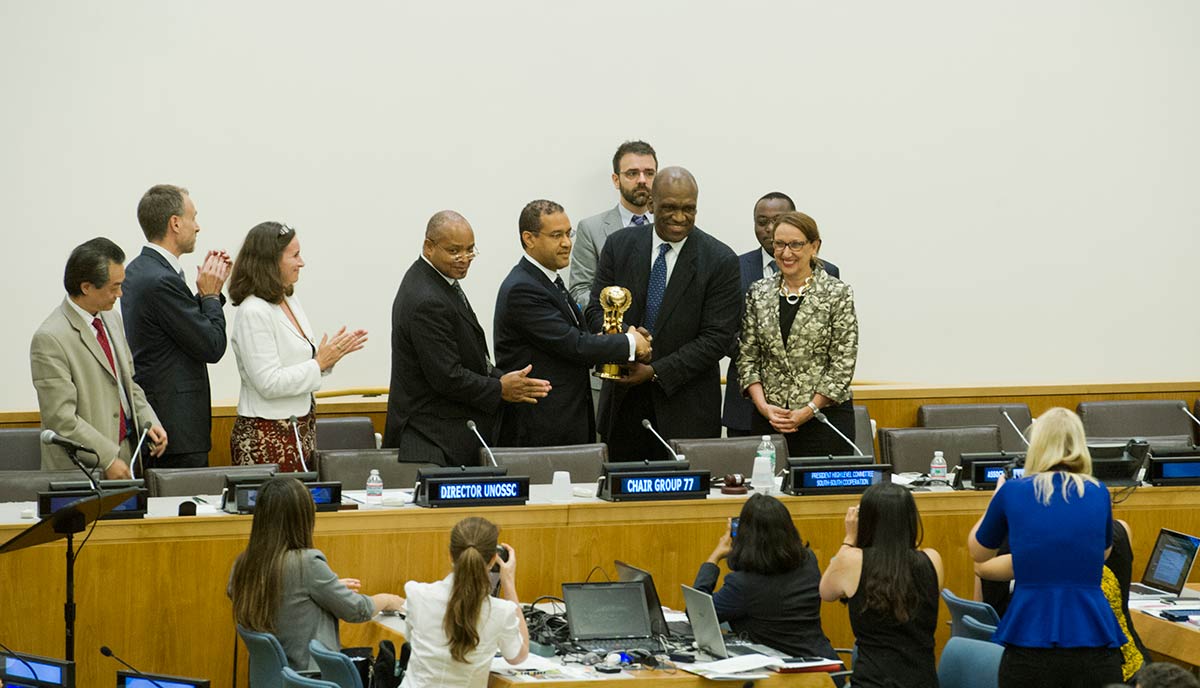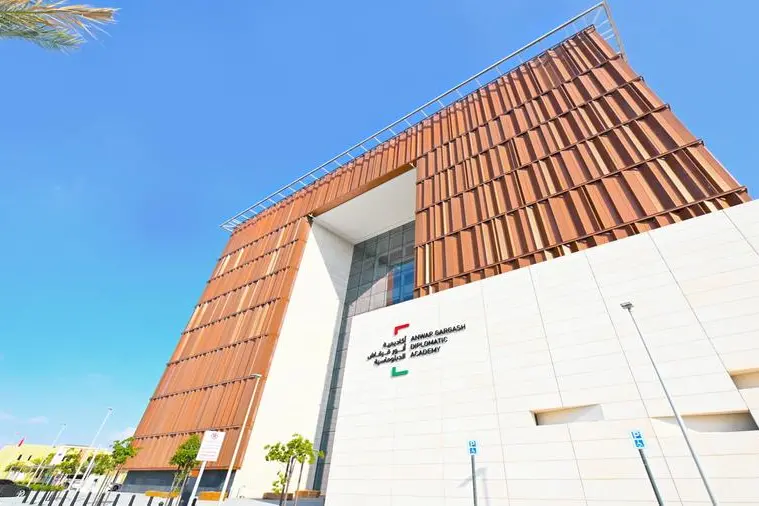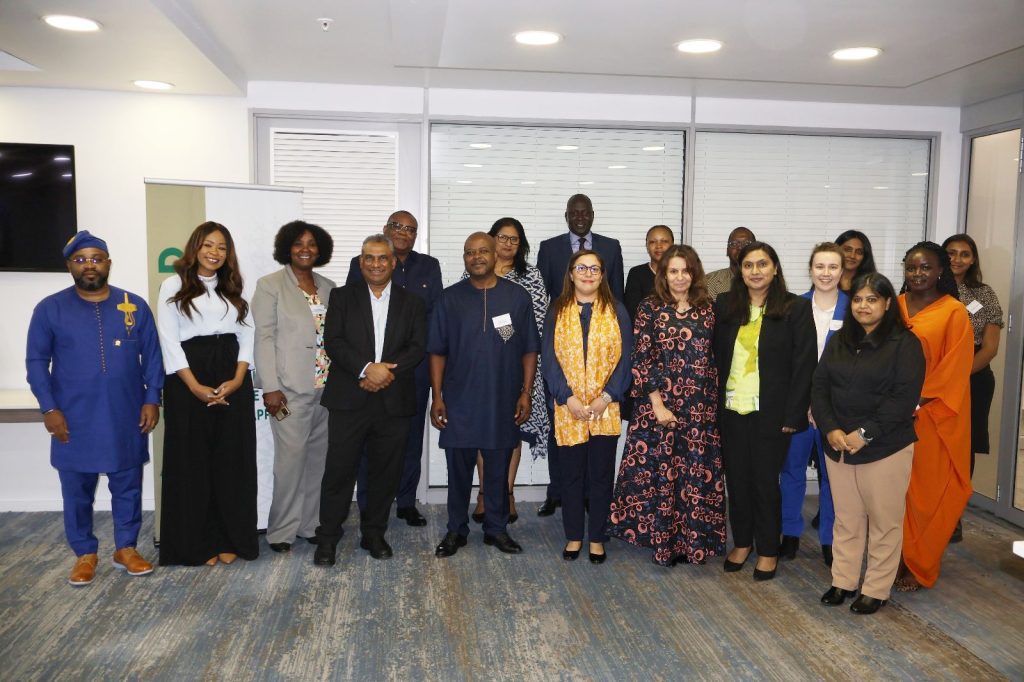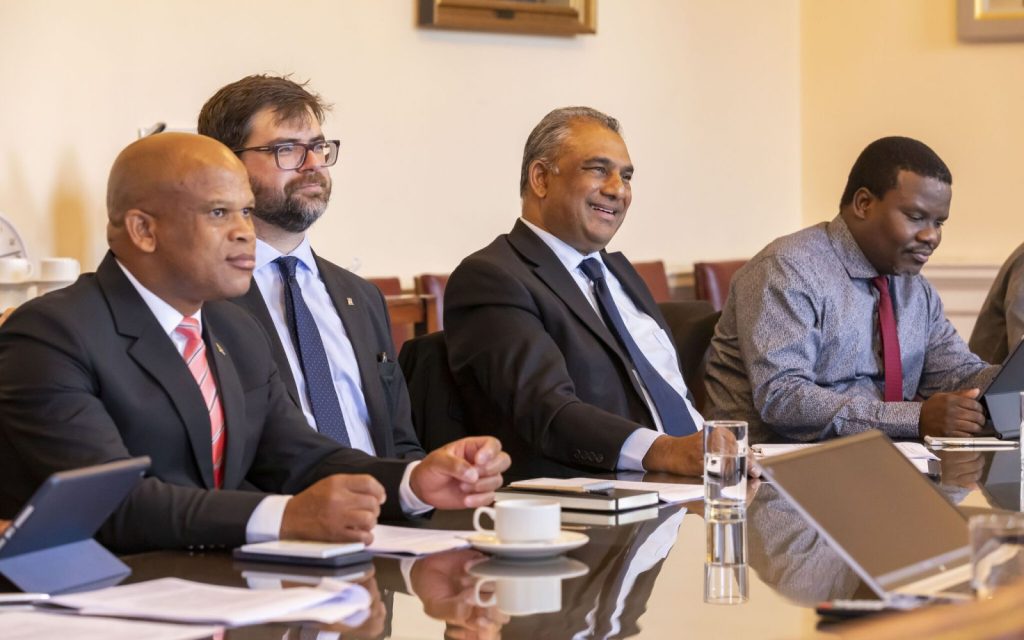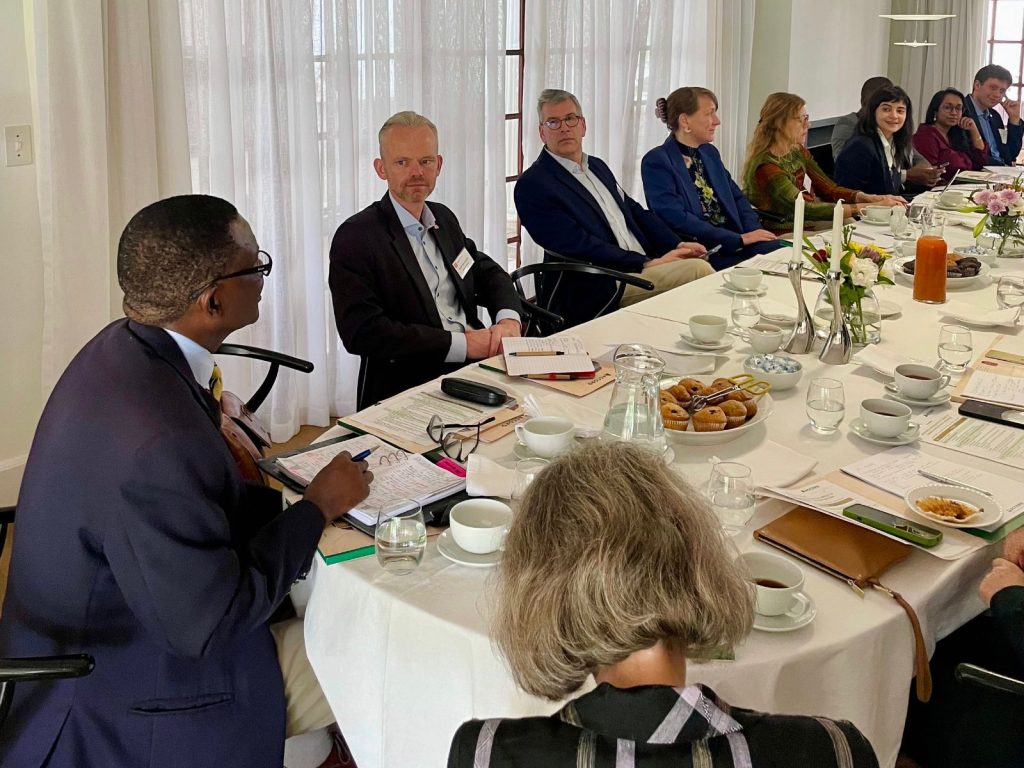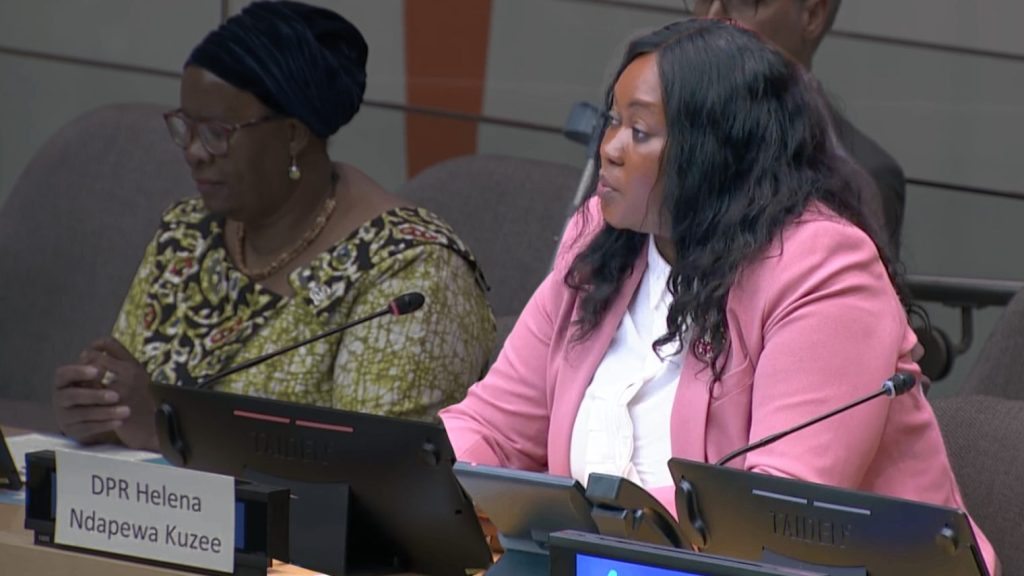To support South-South cooperation in overcoming the challenges faced by fragile and conflict-afflicted states, ACCORD has been in continual support of the g7+. Strengthening the capacities for building resilience in countries currently on lower levels of a fragility spectrum is of utmost importance to supporting these nations in the achievement of Peace and Security Goals (PSGs) and Millennium Development Goals (MDGs).
To provide tangible and effective support for the long-term processes of the New Deal for Engagements with Fragile States of the g7+, ACCORD has provided support in the development of indicators for assessing fragility according to new paradigms. Since 2012, ACCORD has gathered opinions and suggestions from several organisations across the Global South. Particular support in 2012 was given to the DRC where ACCORD assisted in the development of the New Deal process and held a workshop. From 2013, ACCORD has been one of the few external experts invited to attend technical meetings. During the meeting in 2013 occurring in Dili, Timor Leste, ACCORD became part of an indicators task force, a group of individuals who are a part of the g7+ providing advice on the indicators and drafting a position paper which was presented to the International Dialogue in April 2013 in Washington. ACCORD is continually an invited technical expert in the ongoing dialogue for the development of indicators – an invitation granted from appreciation of these early engagements and because of the need for increasing participation of Southern networks, which ACCORD is well established in.
The g7+ is one of the key peacebuilding processes globally and ACCORD has the technical expertise and capacity to support it. ACCORD continues to be seen as a key supporter in providing technical expertise to the process. Currently we support the development of g7+ capacities to respond to needs determined by the indicators. This will serve as supporting tools to the peacebuilding and state-building goals that exist within the context of the New Deal. ACCORD is also evaluating the support we are best able to provide, such as what resources will be provided to the secretariat and potentially support in relation to the increased institutionalisation of the g7+, which will ultimately provide stronger structures and more clear decision making mechanisms.
Linkages between the New Deal and post 2015 MDGs are key and g7+ has been a strong proponent for the post 2015 MDGs to provide more views on how they will target challenges faced by post-conflict countries. Hence it is important that we use our role to support and empower the g7+, while also supporting the key principle of the process being anchored at a country led-country owned process.

